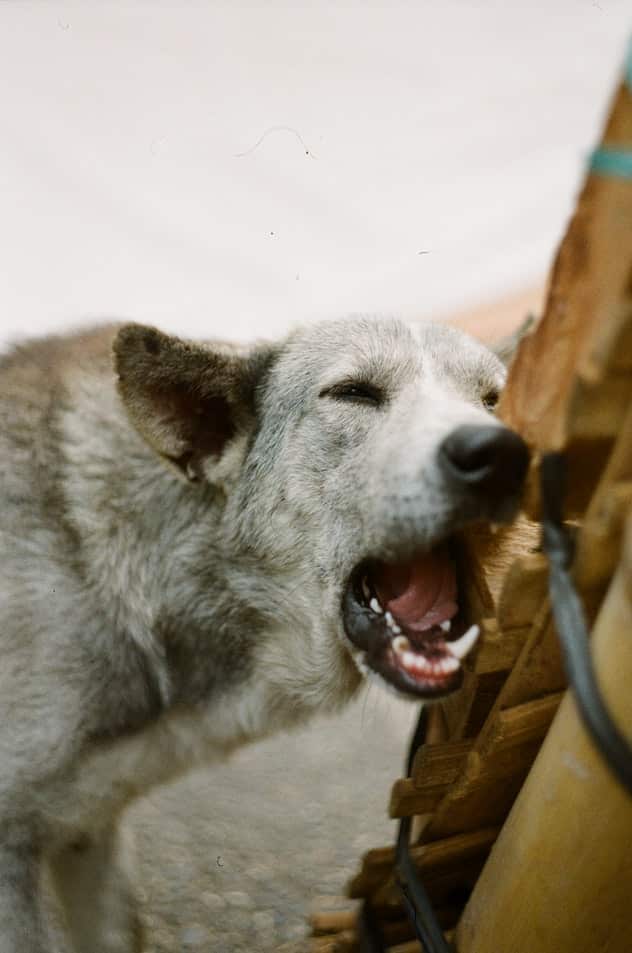Destructive Chewing: How To Understand & Help
Puppies are curious little things, and chewing is a natural exploratory behavior. Add to that the fact that they’re growing teeth, and you can guarantee your little one IS going to be chewing on things.
But what about when your adult dog is suffering from a case of destructive chewing? Puppies outgrow their chewy phase, so an adult dog who chews excessively is a sign of an underlying issue.
Let’s find out more about it and what you can do to help stop the gnawing.
What Is It?
It’s a natural doggy thing to chew. Puppies do it to find out more about the world around them (and to ease their tooth pain). Adults do it too, but those large teeth can be much more problematic than little ones!
Destructive chewing is when your dog chews on inappropriate things for inappropriate reasons. There’s nothing wrong with your big pooch gnawing on a bone or their toy. But when they’re getting their teeth on your running shoes, the sofa, or your kid’s toys, it’s a little more of an issue.
Why Does It Happen?
There can be a number of reasons behind destructive chewing. Figuring out which one applies to your pup will depend on the context in which the chewing is happening.
- Boredom.
- Stress.
- Anxiety (particularly separation anxiety).
- Excitement.
- Neurological conditions.
You’ll need to do some doggy detective work to understand which one is the problem. If you come back to chewed-up plants or possessions every time you leave, the cause is likely either boredom or separation anxiety.
If your pup starts chewing on things in front of you while he’s playing, then the excitement is probably the culprit! Maybe your dog only chews when there are external stress factors.
Pay attention to when the chewing happens and you’ll find it easier to discover the reason behind it.
How To Help
The key to treating and reducing destructive chewing is to figure out what’s causing it. Without knowing the cause, choosing the best, most effective treatment will be difficult.
Here are some quick and easy ways to reduce destructive chewing.
- Tire Your Pup Out
Pups who chew out of boredom or excitement will benefit from this strategy. Give them a good bit of exercise each day and that extra energy should disappear. If your boredom chewer causing chaos when you leave, try to give him a run around before heading out.
- Alleviate Separation Anxiety
Dogs who chew out of anxiety need some special care. Put together an “Anxiety Kit” for your pup to comfort them when you leave. Give them something that smells like you, a chew toy, and some treats. An interactive toy is great to keep them distracted.
- Get Him His Own Special Chew Toy
Pooches who chew on things as a way of playing could probably do with a few more cool toys of their own! When you spot her chewing on something inappropriate, replace it with her chew toy and praise her when she switches to the toy. Positive reinforcement!
If your pup is an excessive chewer and none of the above appear to be the issue, there’s always the possibility of a neurological problem. It may be worth a trip to the vet in this case.
Conclusion
Destructive chewing can not only be frustrating for pet parents, but it can also be dangerous to your dog. To prevent holes in shoes, missing table legs, and potential vet’s visits, it’s important to nip this in the bud as soon as possible.
Remember, however you choose to treat your dog’s chewing problem, every behavior correction action should be done with love and positive reinforcement!


